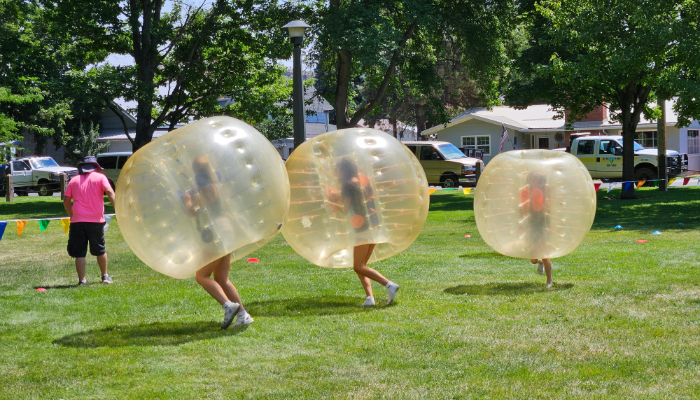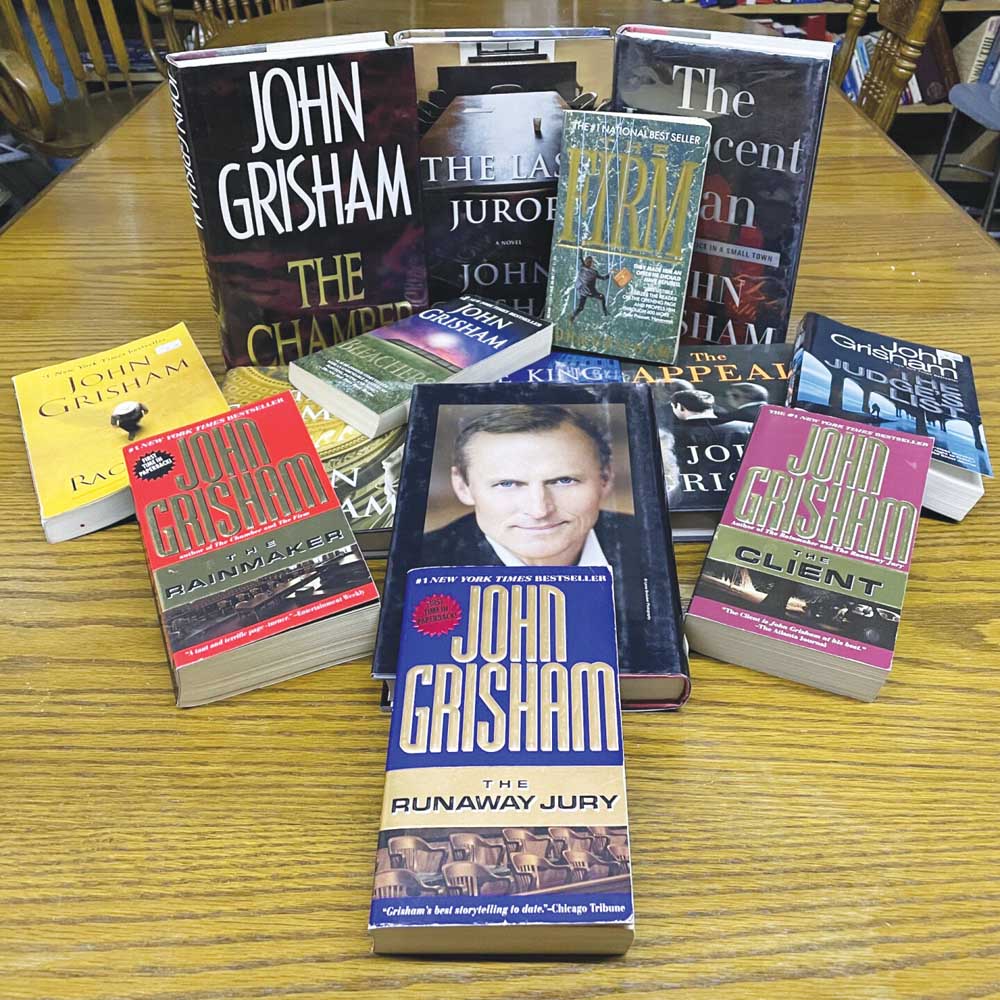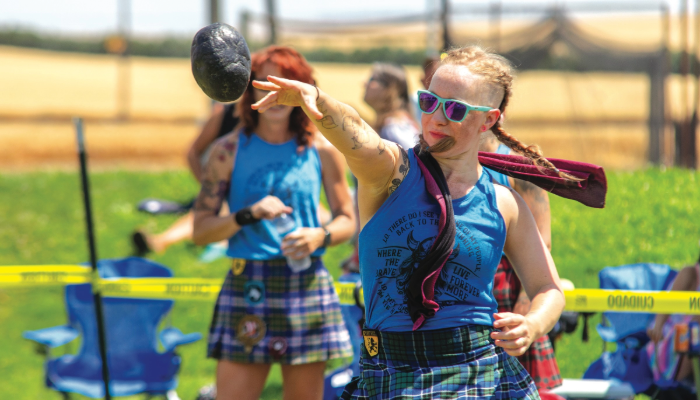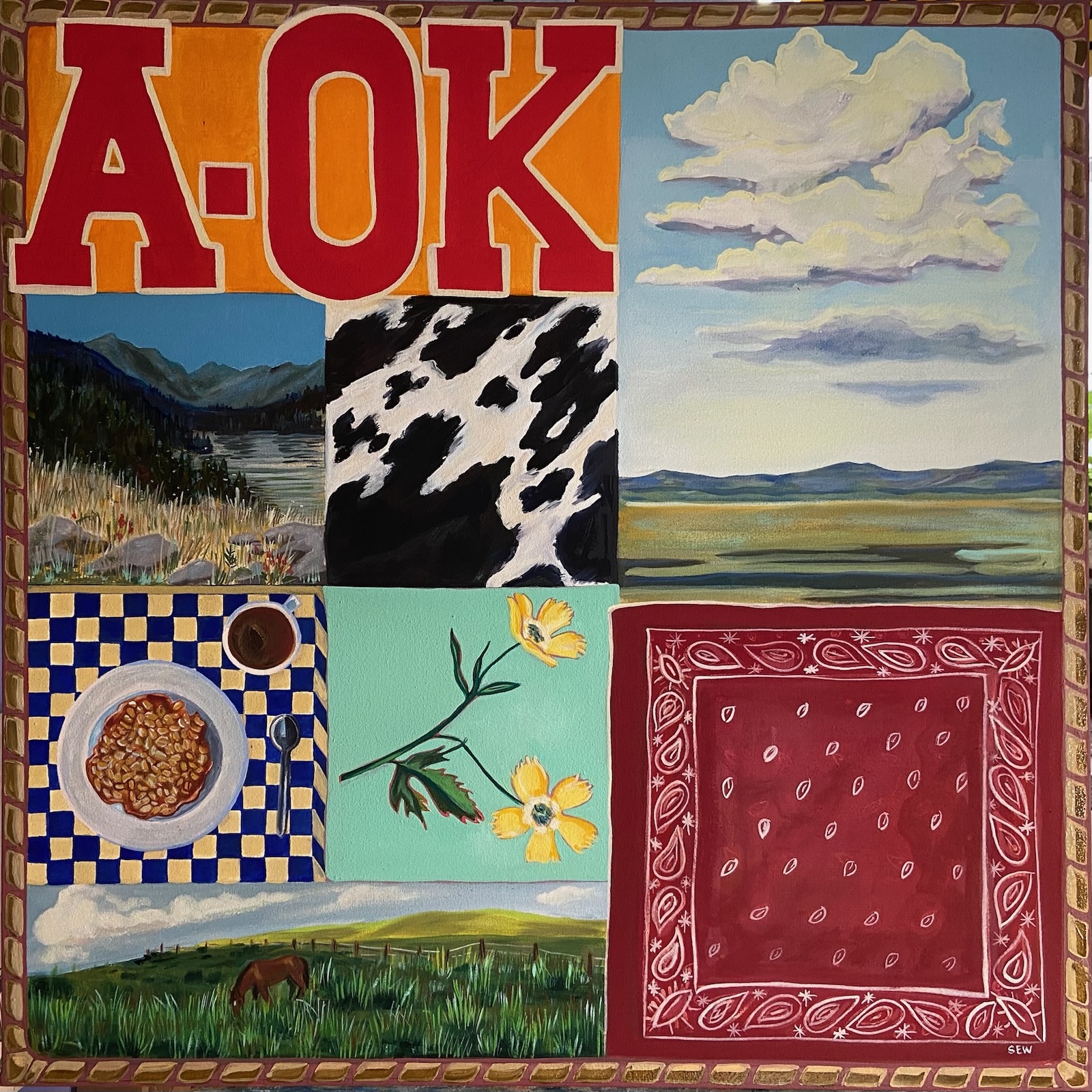Summer festival coming soon to Frazier Farmstead Museum
Published 3:00 am Monday, June 6, 2022
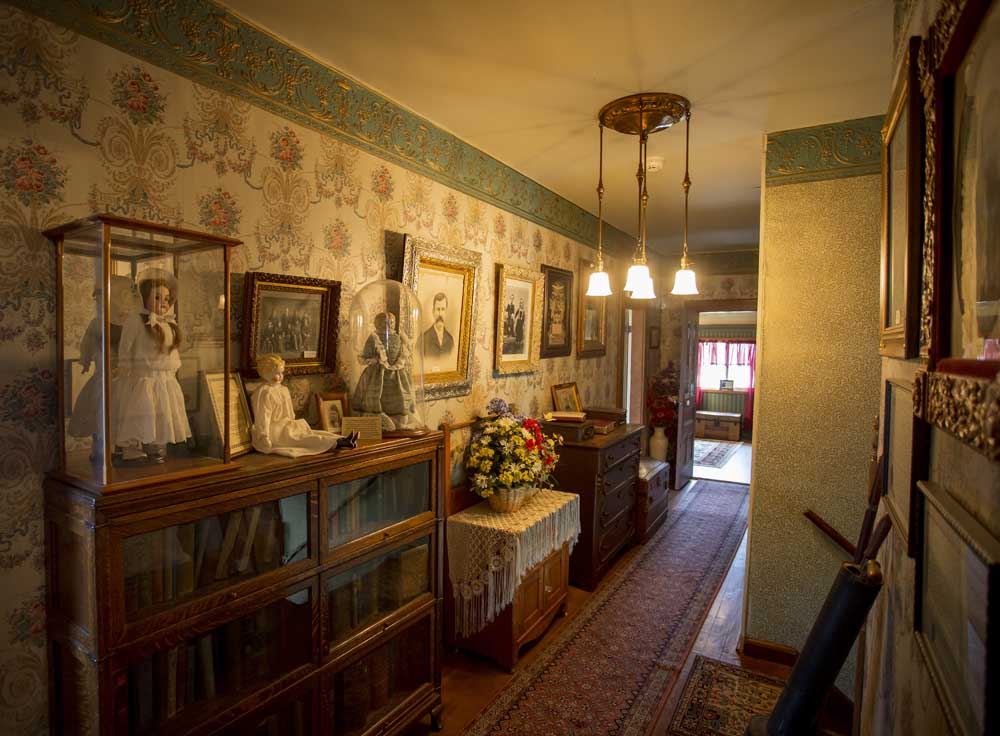
- An upstairs hallway in the main house at the Frazier Farmstead Museum features a variety of historical artifacts.
MILTON-FREEWATER — After closing for the pandemic in 2020, the Frazier Farmstead Museum, 1403 Chestnut St., is springing back to life.
Trending
A Native American teepee was installed last summer in a tribute to the Cayuse, Umatilla and Walla Walla tribes that once inhabited the area. And this year, on the third Monday of the month from May through October, 5-9 p.m., Food Truck Night will be offered.
Other big events this year include the June Summer Festival, spring and Christmas open houses and the Family Fall Festival Oct. 8, which will feature a centennial celebration of Mac-Hi with a barn gallery highlighting graduates and their accomplishments.
The farmstead is open 11 a.m.-4 p.m. Thursday through Saturday and by appointment for group tours. No admission is charged but donations are welcome.
Trending
Summer Festival
The Summer Festival is Wednesday, June 18, 6-10 p.m. Simply Catering is providing the meal and Penrose Lane will play music. There will be a silent auction, and wine and beer will be sold by the glass.
During the appetizer hour, Babe O’Sullivan, heritage rose expert from Eugene, will talk about pioneer rose varieties and highlight the museum’s new Heritage Rose Garden, featuring varieties that came across on the Oregon Trail.
Tickets are on sale now for $65 per person for this fundraiser that covers annual operational costs. Tickets are available at the gift shop during open hours, by emailing frazier1968@gmail.com or calling 541-938-3646.
About the museum
The farmstead centerpiece is the house built by William Samuel Frazier in 1892, and other points of interest include a 1918 barn, a carriage house and the McCoy Cabin. Plans are underway to add a one-room schoolhouse.
The last Frazier occupants of the house, brother and sister Earl “Pete” and Lela, lived there until 1983. They willed the estate and its contents to the Milton-Freewater Area Foundation and established an endowment to make the farmstead museum happen.
“Half of the items in the house are their pieces, and half are historical pieces donated by community members,” said Linda Whiting, director, a retired elementary school teacher.
The restored house and farm museum is operated and maintained by the Milton-Freewater Area Historical Society.
The museum gets about 1,500 visitors a year. In spring and fall, grade school children visit one classroom at a time for special field trips.
“We like to get young people interested in and enthused over our history,” Whiting said.
On a walk through you’ll see a secretary writing desk William Frazier brought from Texas over the Oregon Trail. In the living room is an Edison wind-up record player from the 1920s.
Walk up the stairs to Lela’s room and you’ll see a treasured quilt her cousin Bessie made at age 10, before dying at age 11.
In the Commerce Room you’ll see a picture of Roger’s Cannery on the acreage where Gib Olinger Elementary School is now. Once 7% of the nation’s canned peas came from the area, and the Pea Festival was a big deal each summer.
Step into the women’s and children’s room and you’ll see former Oregon U.S. Rep. Greg Walden’s grandma Nellie’s wedding dress and a baby carriage with Shirley Temple dolls.
The military room, meanwhile, honors Fraziers who served in the military from the Civil War forward.
The research library room contains the trunk oldest daughter Martha brought across the Oregon Trail.
In the kitchen is a butter churn that processed 10 gallons of cream by hooking the churn to a rocking chair.
Step outside on the 6-acre grounds, and at the Carriage House you’ll see an elaborate family tree and Dr. C.W. Thomas’ office.
Upstairs in the barn is an ad collection including ones for Milton Ice and Cold Storage and Munselle Co. Furniture, phone 142.
The McCoy Cabin, brought here from the Indian Trail crossing of the Walla Walla River, shows the rough and ready way many pioneers lived in the early days of settlement.


